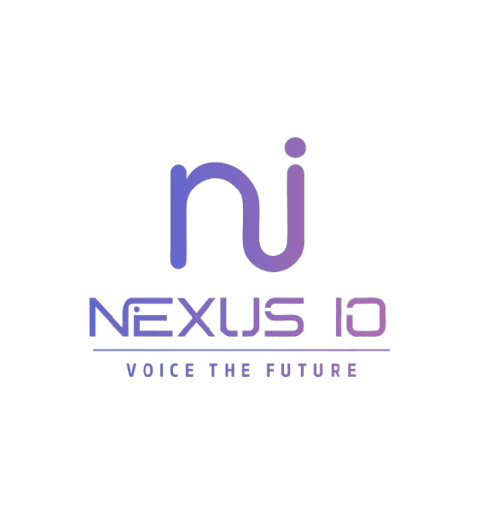AI Phone Agents vs. Traditional Customer Service: A Comparison
The Rise of AI Phone Agents
In recent years, AI phone agents have become increasingly popular as businesses seek to enhance their customer service operations. These advanced systems use artificial intelligence to handle customer inquiries, offering a modern alternative to traditional customer service methods. Companies are drawn to AI for its ability to provide quick responses, reduce human error, and operate around the clock.
AI phone agents are designed to analyze and understand natural language, making them capable of engaging in human-like conversations with customers. This technology leverages machine learning to continuously improve interactions, adapting to new queries and providing better service over time.

Efficiency and Speed
One of the most significant advantages of AI phone agents is their ability to handle multiple inquiries simultaneously. Unlike human agents who can only manage one call at a time, AI systems can scale effortlessly, addressing numerous customer concerns without delay. This efficiency leads to shorter wait times and quicker resolutions, significantly enhancing the customer experience.
Traditional customer service often involves long wait times and the potential for human error. Employees may transfer calls incorrectly or misinterpret customer needs. AI phone agents, on the other hand, are programmed to minimize these issues, ensuring that customers receive accurate information promptly.
Cost-Effectiveness
Implementing AI phone agents can lead to substantial cost savings for businesses. Initial investments in AI technology may be higher, but over time, companies often find that these systems reduce labor costs and increase efficiency. This is especially beneficial for large organizations that handle high volumes of customer interactions daily.

Traditional customer service requires a significant workforce to manage call volumes, leading to higher expenses associated with salaries, training, and benefits. AI systems reduce the need for large teams, allowing businesses to allocate resources more effectively.
Personalization and Consistency
AI phone agents can access vast amounts of data to personalize customer interactions. By analyzing past interactions and preferences, these systems tailor responses to meet individual needs. This level of personalization can enhance customer satisfaction and foster brand loyalty.
Moreover, AI offers consistent service quality, as it does not suffer from fatigue or mood variations that can affect human interactions. Customers can expect the same level of service at any time of day, contributing to a positive overall experience.

The Human Touch
Despite the advantages of AI, traditional customer service still holds value due to the human touch it provides. Some customers prefer speaking with real people who can empathize with their concerns and provide nuanced solutions. Human agents are better equipped to handle complex or emotionally charged situations where empathy is crucial.
AI systems, while improving rapidly, may still struggle with understanding emotions or sarcasm in conversations. For issues requiring empathy and emotional intelligence, human agents are indispensable in ensuring customer satisfaction.
The Future of Customer Service
As AI technology continues to evolve, the future of customer service will likely involve a blend of AI and human interaction. Companies are increasingly adopting a hybrid model where AI handles routine inquiries while human agents focus on more complex issues requiring personal attention.
This collaboration allows businesses to leverage the strengths of both AI and human agents, resulting in a more efficient and effective customer service strategy that caters to diverse customer needs.
